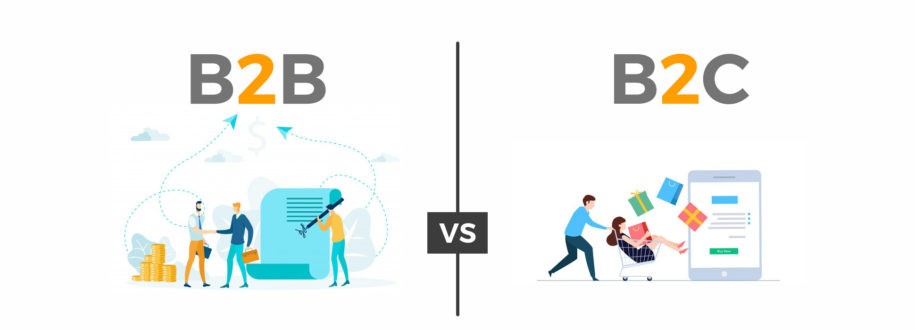B2B vs. B2C eCommerce Fulfilment
Owning an eBusiness, it is necessary to understand there are two business classifications. B dynamic Logistics is an organisation based in Sydney, Australia, providing logistics and eCommerce fulfilment services. They attribute their success to an ability to provide appropriate services according to client type. They have identified their customers, their needs and the business type. B2B and B2C online channels have to be treated separately in terms of order fulfilment when it comes to eCommerce strategy.
Regardless of whether the order fulfilment is done for a single end customer or a store, there are a lot of factors that need to be considered when carrying out these operations.
Every action represents your Brand.
Developing the ability to distinguish between B2B vs B2C order fulfilment will assist you to make the right decisions, give clarity within the business and the type of relationships to be formed with customers, assist in locating appropriate suppliers, help to manage logistics and enhance your ability to deliver value to the customers.
What is an eCommerce order fulfilment?
Commerce order fulfillment is the practice of storing stocks, picking and packaging goods, and shipping it to the customers.
Customer requirements may vary with each order, making eCommerce fulfilment a consistently challenging task. A 3PL (Third-Party Logistics) service provider helps to carry out these activities effortlessly.
What is the difference between B2B AND B2C?
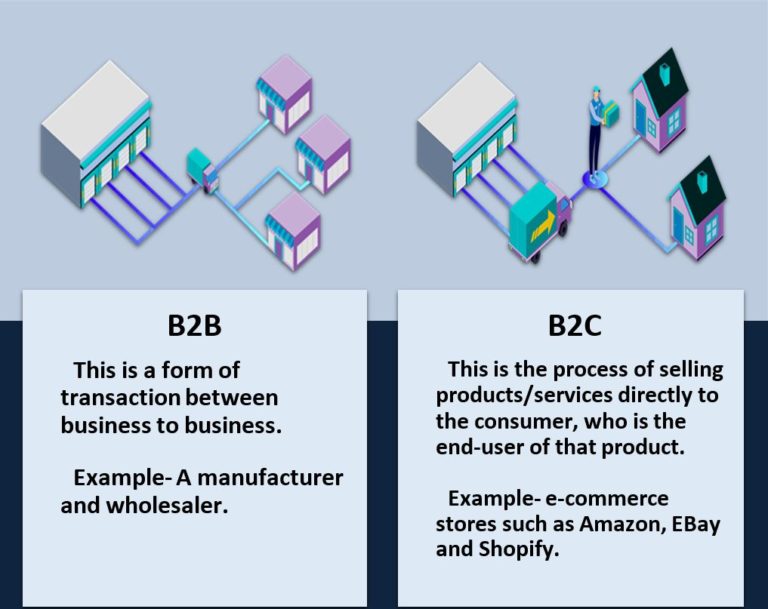
eCommerce Order Fulfilment
B2B- Business-to-Business
In the process of shipping from one business to another, fulfilment facilities manage bulk orders to supply the products and services to the beneficiary business. Goods are re-stocked in advance through this system for future use.
In the B2B industry, the main concern for a 3PL service provider is the speed of transportation. Procedures mandatorily need to follow warehouse regulations and guidelines or the provider can encounter a penalty in charge-backs.
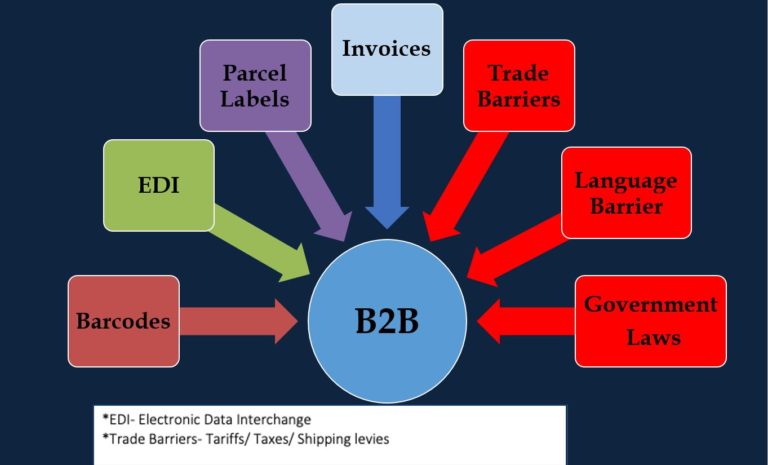
The diagram above illustrates the necessities for large firms to be satisfied with 3PL services. The three red-blocks indicate obstructions that could slow down the process of a shipment. As the B2B industry strictly focuses on dealing with bulk suppliers to other firms, this could cause major disruption in the transaction.
The complexity of B2B fulfilment requires broad knowledge, experience and access to advanced logistics technologies, in addition to quality management systems, to carry out the process effectively. B2B consumers look for dependability and trustworthiness in shipping goods. By utilising their vast experience, BDL is able to remove the responsibility from you and ensure that your job is completed efficiently.
B2C Business to Consumer
B2C industry trades with end-user customers directly, making the process much easier and simpler. There are fewer rules, allowing more space for convenient and personalized service. This results in an upgrade of the quality of customer experience and satisfaction, the one thing that cannot be compromised in the B2C industry.
eCommerce B2C fulfilment aims to maximize the benefits to customers by providing special features such as
- Allowing delivery tracking
- Shipping
- Relationship-building through seasonal offers and promotions
- Returns
- Same-day shipping
eCommerce Fulfilment Strategies
Businesses need to plan different fulfilment strategies in order to manage a variety of scenarios and be able to adapt according to customer requirements. Flexibility and access to information are key areas.
The difference between B2B and B2C eCommerce order fulfilment
There are three-stages in order fulfilment. B2B and B2C function differently in each stage.
- Pre-purchase
- Purchase
- Post-purchase
Pre-Purchase Stage
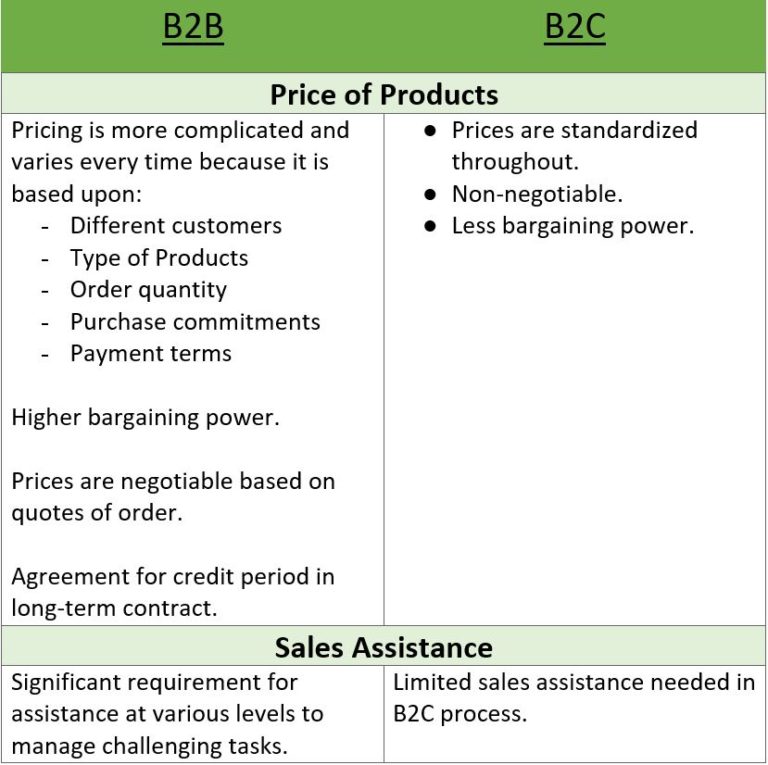
Purchase Stage
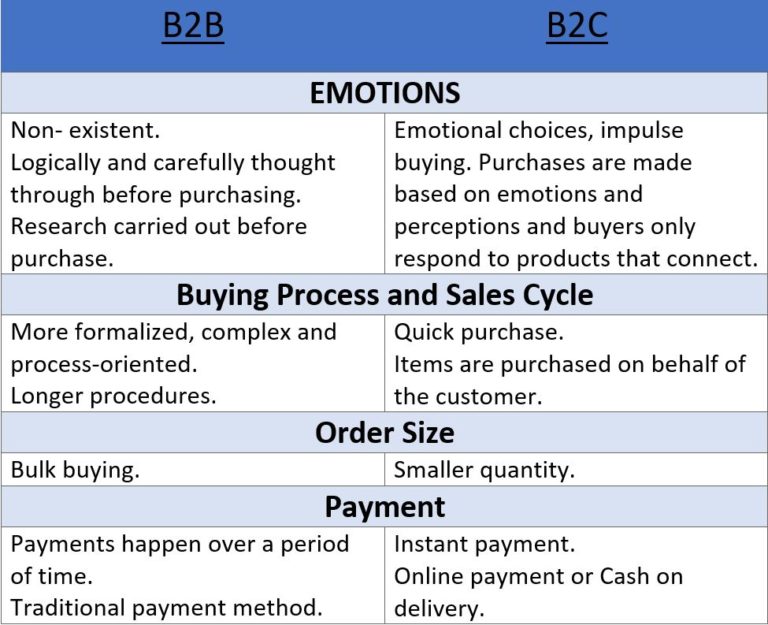
Post- Purchase Stage
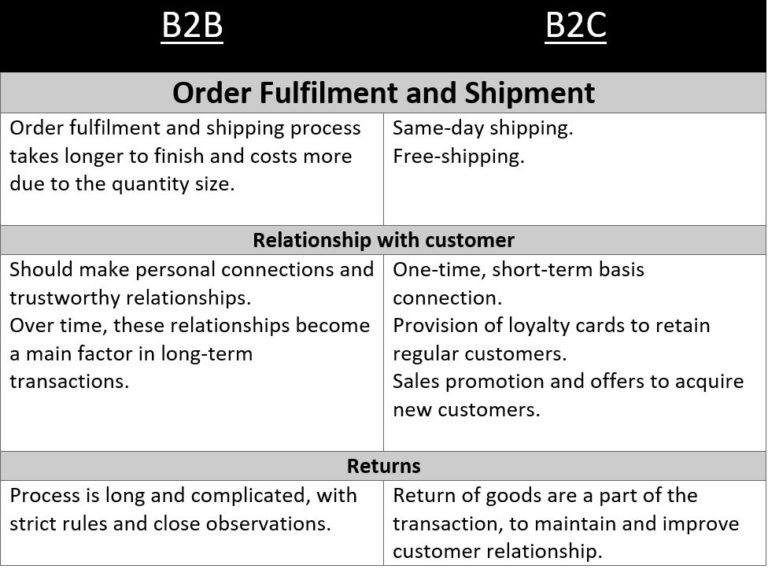
Why choose BDL?
Booming eCommerce industries are creating a new phase in the market. In order to stay up-to-date with changing demands, firms need to advance softwares and structures to run their business smoothly. Logistics is a major part of these operations and must be implemented using well-planned strategies.
BDL has been handling logistics and eCommerce fulfilment for the past 12 years, earning a trusted reputation within Australia. Their ability to provide high quality service has resulted in them becoming one of the fastest-growing 3PL service providers in Australia. BDL provide flexible solutions to help you overcome complex logistics challenges. They work with the latest logistics technologies and techniques to ensure the success of your business.
